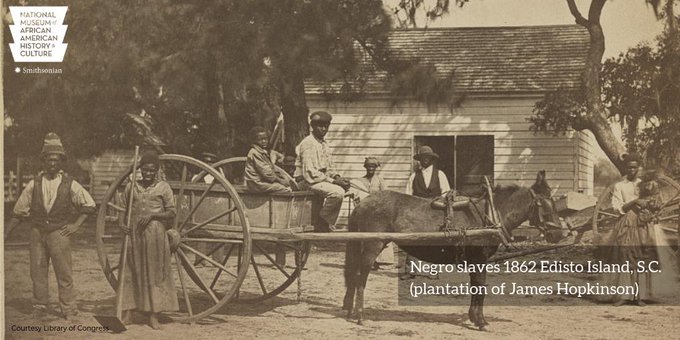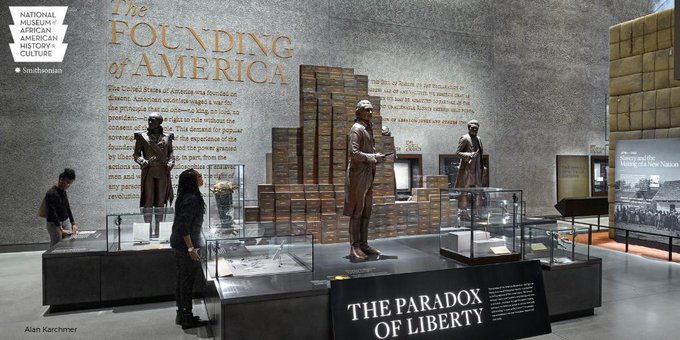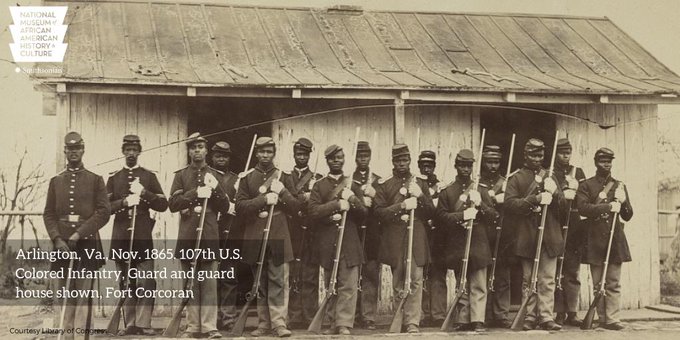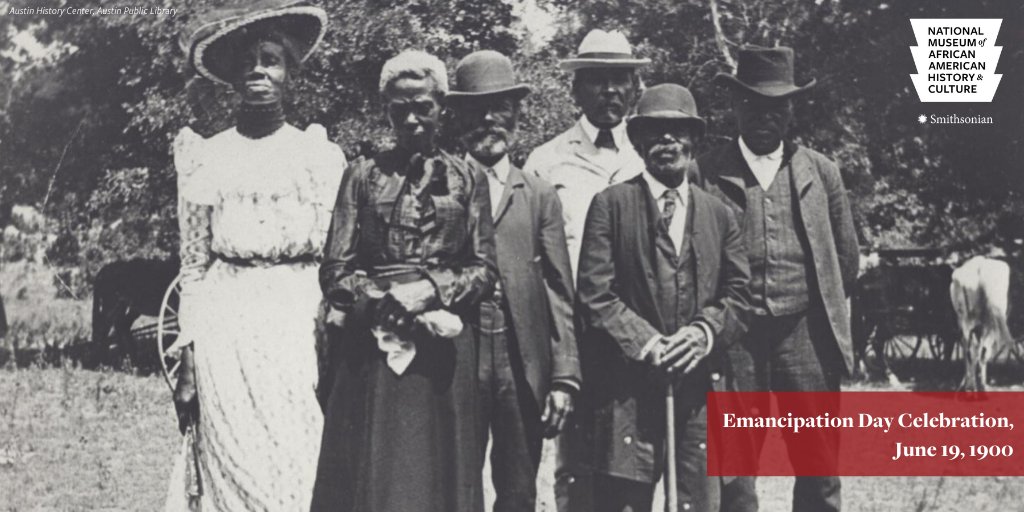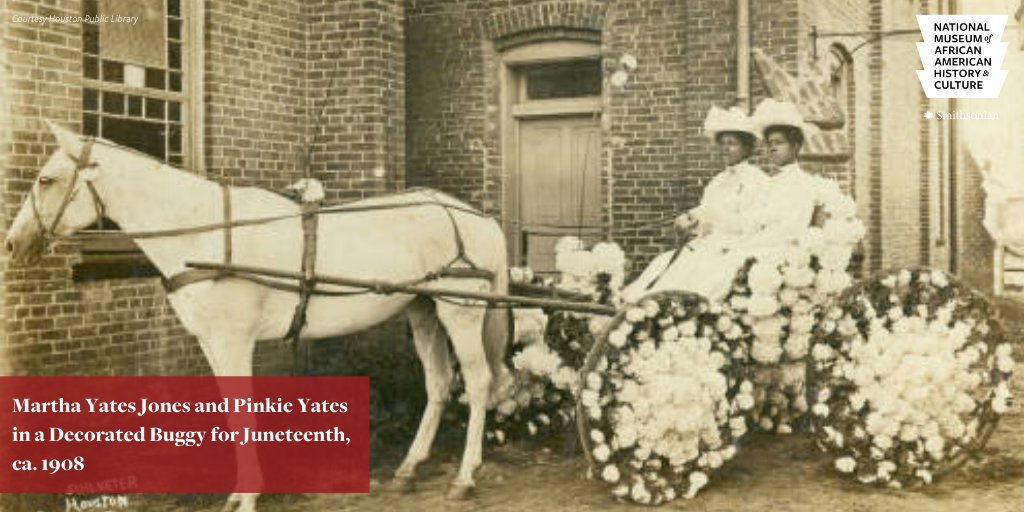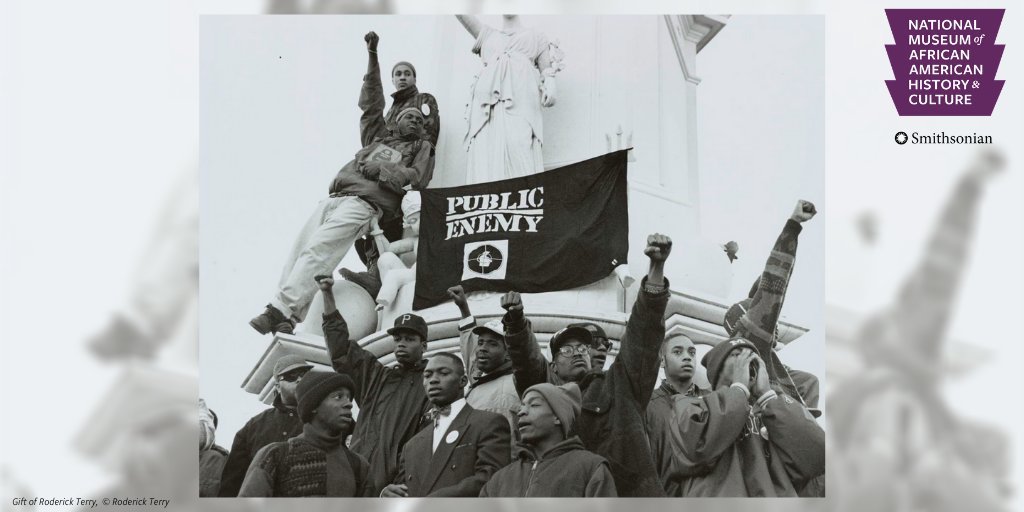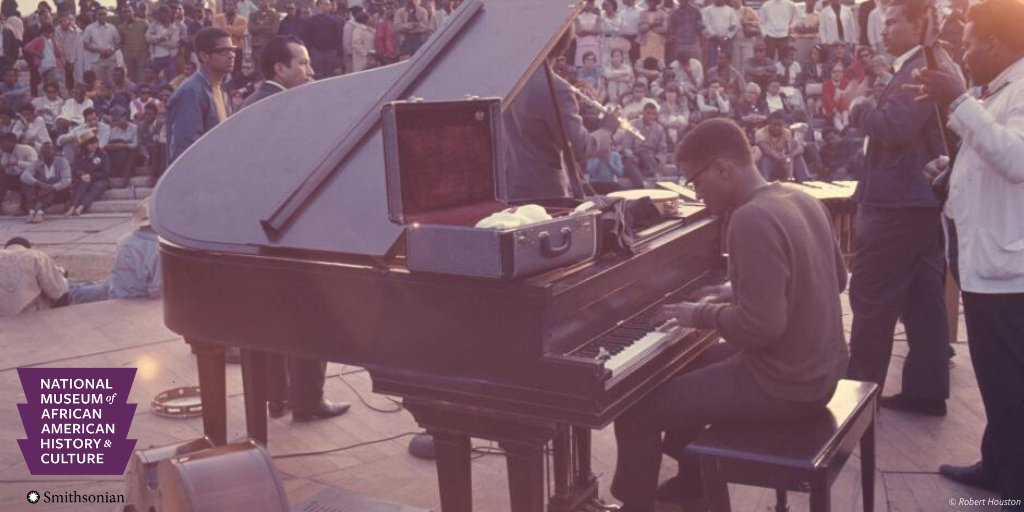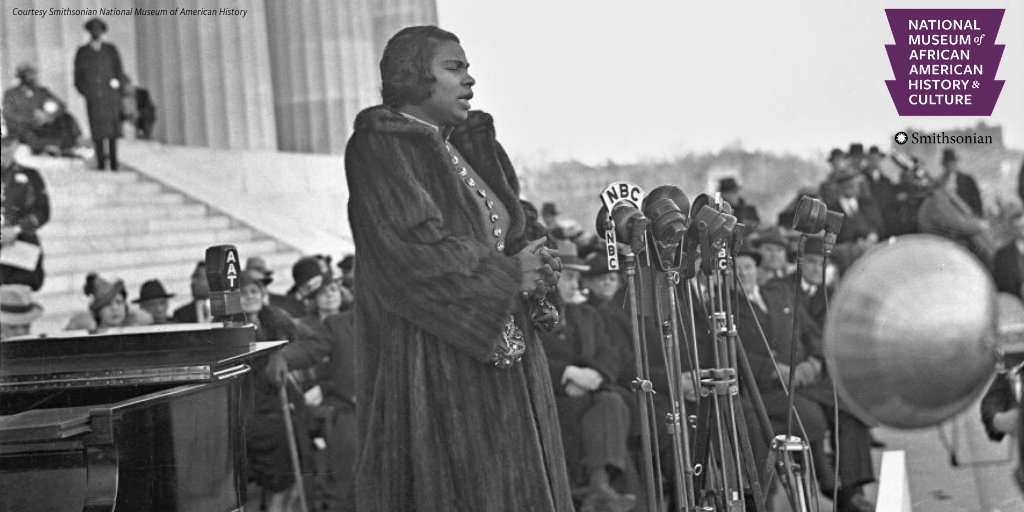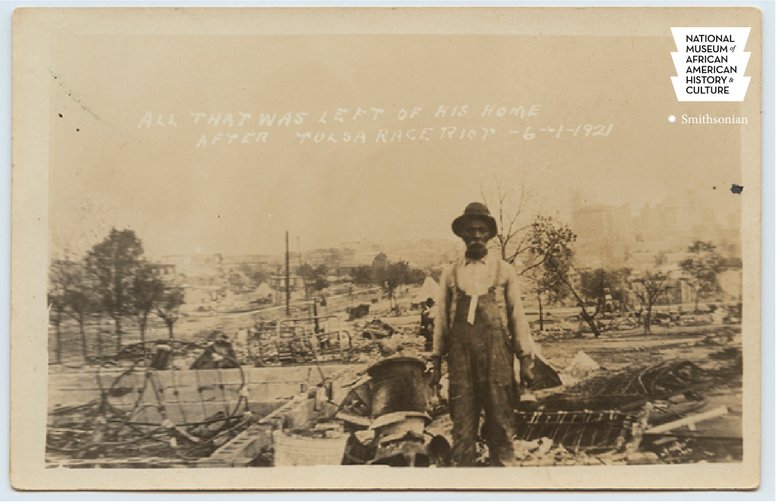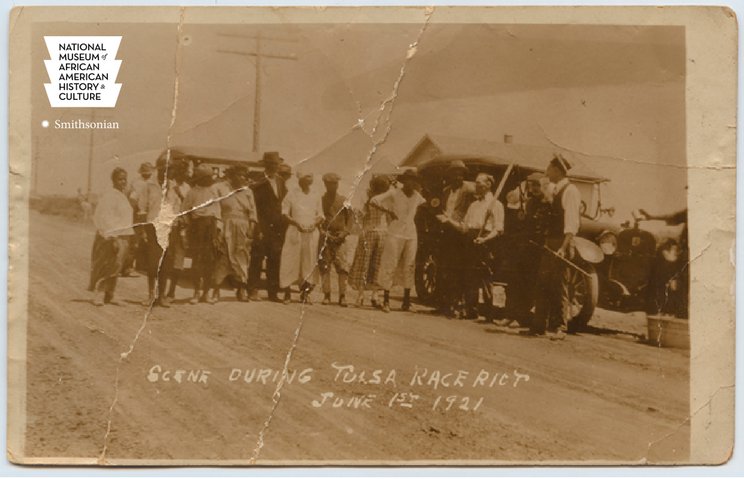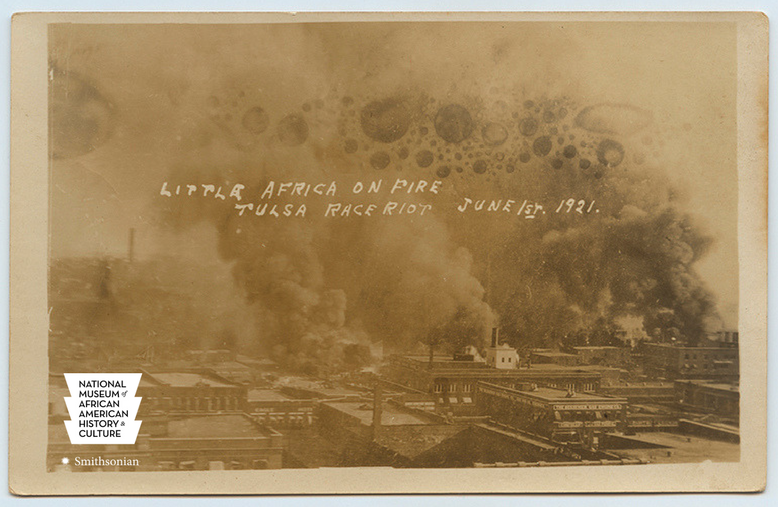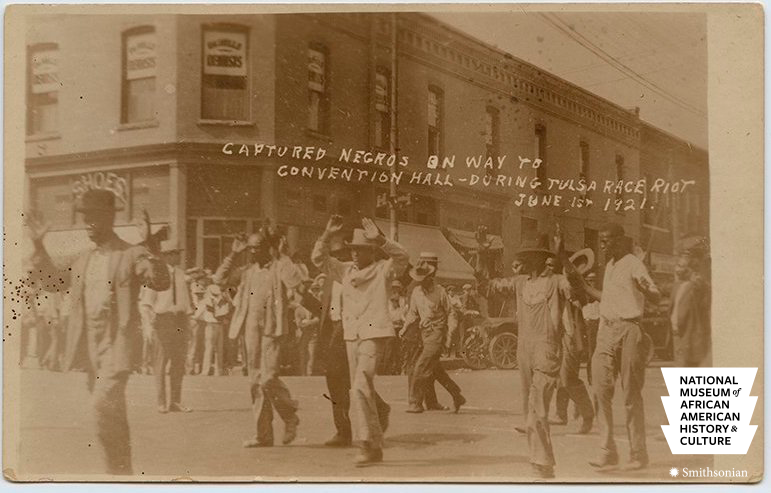
#OTD in 1954, the U.S. Supreme Court ruled school segregation unconstitutional in Brown v. Board of Education. For more than a decade, Charles Houston, Dean of @howardlawschool, headed a team of lawyers that challenged the segregation of schools in 4 states & DC. #APeoplesJourney 

@howardlawschool After Houston’s death, Thurgood Marshall argued a joint appeal of these cases before the U.S. Supreme Court in Brown v. Board of Education.
Part of their defense relied on the testimonies and research of social scientists throughout their legal strategy. #APeoplesJourney
Part of their defense relied on the testimonies and research of social scientists throughout their legal strategy. #APeoplesJourney

@howardlawschool In the 1940s, psychologists Kenneth and Mamie Clark designed and conducted a series of experiments known as “the doll tests” to study the psychological effects of segregation on African American children.
Learn more: nyti.ms/2VrPQJi #APeoplesJourney
Learn more: nyti.ms/2VrPQJi #APeoplesJourney
@howardlawschool On May 17, 1954, Chief Justice Earl Warren issued a unanimous decision that racial segregation in public schools is unconstitutional, violating the 14th Amendment’s equal protection clause. 

• • •
Missing some Tweet in this thread? You can try to
force a refresh




